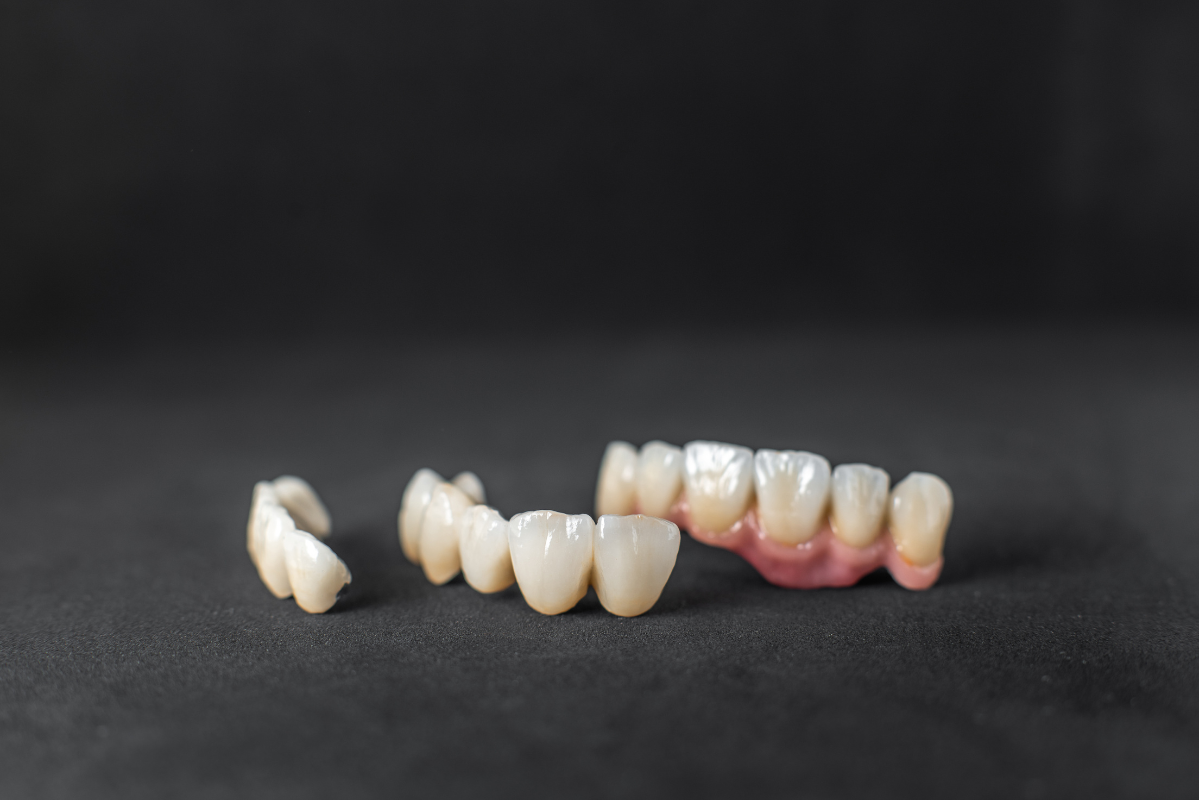
Top Emergency Dentistry Tips for Handling Dental Crises
July 12, 2024
dental emergency
Dental emergencies can strike without warning, leaving you scrambling for solutions and relief. Whether it’s a sudden toothache that feels unbearable, a broken tooth that ruins your smile, or a knocked-out tooth that you desperately want to save, knowing how to handle these situations is crucial. These urgent issues not only cause physical pain but can also lead to long-term complications if not addressed promptly. In this blog, we’ll walk you through essential tips and practical advice to manage dental crises effectively. Dive in to discover how to handle dental emergencies with confidence and keep your smile intact.
Recognize Common Dental Emergencies
Understanding the types of dental emergencies is the first step in managing them. Common issues include severe toothaches, broken or chipped teeth, knocked-out teeth, and lost fillings. Each scenario requires a different approach for optimal care.
Toothaches
Severe tooth pain can be distressing and may indicate an underlying issue, such as an infection or cavity. To alleviate discomfort, rinse your mouth with warm water and use dental floss to remove any trapped food particles. Avoid placing aspirin directly on the gums, as this can cause further irritation. Over-the-counter pain relievers can help manage pain until you can see a professional.
Broken or Chipped Teeth
A broken or chipped tooth can cause both physical discomfort and aesthetic concerns. Rinse your mouth with warm water to clean the area. Apply a cold compress to reduce swelling if there’s any bleeding. If possible, collect any broken pieces of the tooth and keep them moist, as they may be used for restoration. Avoid chewing on the affected side of your mouth and seek dental care promptly.
Knocked-Out Teeth
If a tooth is knocked out, act quickly. Handle the tooth by its crown, not the root. Rinse it gently with water, but do not scrub or remove any tissue. Place the tooth back into its socket if possible, or store it in a container of milk or a saline solution. Time is crucial, so contact a dental professional immediately to increase the chances of successful reattachment.
Lost Fillings
A lost filling can expose the underlying tooth structure, leading to discomfort and increased risk of infection. If a filling falls out, cover the exposed area with sugarless gum or dental wax to protect it temporarily. Avoid eating on that side of your mouth and schedule an appointment with your dentist to replace the filling as soon as possible.
First Aid for Dental Injuries
Effective first aid can help manage the situation until professional care is available. Keep these guidelines in mind for various dental injuries.
Managing Bleeding
If you experience bleeding from a dental injury, apply gentle pressure with a clean cloth or gauze to the affected area. Maintain pressure for about 10 minutes and avoid moving the gauze frequently. If bleeding persists beyond 15 minutes, seek emergency dental care.
Reducing Swelling
Swelling is common in dental injuries and can be managed with a cold compress. Apply the compress to the outside of your mouth near the affected area for 15-20 minutes. Repeat this process every hour as needed. Cold compresses help reduce swelling and numb the area to alleviate pain.
Pain Relief
For pain relief, over-the-counter medications such as ibuprofen or acetaminophen can be effective. Follow the dosage instructions on the packaging and avoid placing medications directly on the gums. If pain persists or worsens, consult with your dentist for further evaluation.
Prevention and Care Tips
While emergencies can happen to anyone, taking preventative measures and practicing good oral hygiene can reduce the risk of some dental crises.
Regular Dental Checkups
Routine dental visits are crucial for maintaining oral health and identifying potential issues before they become emergencies. Schedule regular checkups with your dentist to catch problems early and receive professional advice on maintaining a healthy smile.
Protective Gear
If you participate in contact sports or high-risk activities, wearing a mouthguard can protect your teeth from injuries. Custom-fitted mouthguards provide the best protection and are recommended for athletes of all ages.
Good Oral Hygiene
Maintaining good oral hygiene practices can prevent dental emergencies related to infections and decay. Brush your teeth twice a day with fluoride toothpaste and floss daily to remove plaque and food particles. Using an antibacterial mouthwash can also help reduce the risk of gum disease and tooth decay.
When to Seek Professional Help
Knowing when to seek professional help is essential in managing dental emergencies effectively. If you experience severe pain, significant bleeding, or any symptoms that persist despite home care, contact your dentist immediately. Early intervention can prevent complications and ensure appropriate treatment.
Finding the Right Dentist
In an emergency, finding a reliable dentist quickly is crucial. Look for a dentist who offers emergency services and has experience in handling urgent dental issues. For residents of Matthews, a local dentist familiar with emergency care can provide timely and effective treatment.
Emergency Care for Specific Issues
Different types of dental emergencies require specific responses. Familiarize yourself with the appropriate care for various issues to ensure you are prepared for any situation.
Abscesses
A dental abscess is a serious infection that can cause swelling and intense pain. Rinse your mouth with warm salt water to help alleviate discomfort. Do not attempt to drain the abscess yourself, as this can lead to further complications. Seek professional care immediately to address the infection and receive appropriate treatment.
Loose Teeth
A loose tooth, especially in adults, can indicate underlying issues such as gum disease or trauma. Avoid wiggling the tooth and avoid eating hard foods that may exacerbate the problem. Contact your dentist to assess the situation and provide the necessary care.
Broken Braces or Wires
If you wear braces and experience a broken wire or bracket, use orthodontic wax to cover the sharp edges and prevent injury to your mouth. Avoid attempting to fix the braces yourself and schedule an appointment with your orthodontist as soon as possible.
The Role of Immediate Response
Your response during a dental emergency can significantly impact the outcome. Staying calm and following these tips can help manage the situation effectively. Remember, immediate and appropriate care can prevent complications and promote a quicker recovery.
Contacting Emergency Services
If you are unsure about the severity of your situation or need guidance, don’t hesitate to contact emergency dental services. Many dentists offer emergency care and can provide advice or direct you to the nearest available treatment.
Handling dental crises effectively involves understanding the types of emergencies, knowing the appropriate first aid measures, and seeking timely professional care. By staying informed and prepared, you can manage dental issues with confidence and minimize discomfort. In Matthews, an emergency dentist can provide the urgent care you need when facing a dental crisis.
More Blog Posts
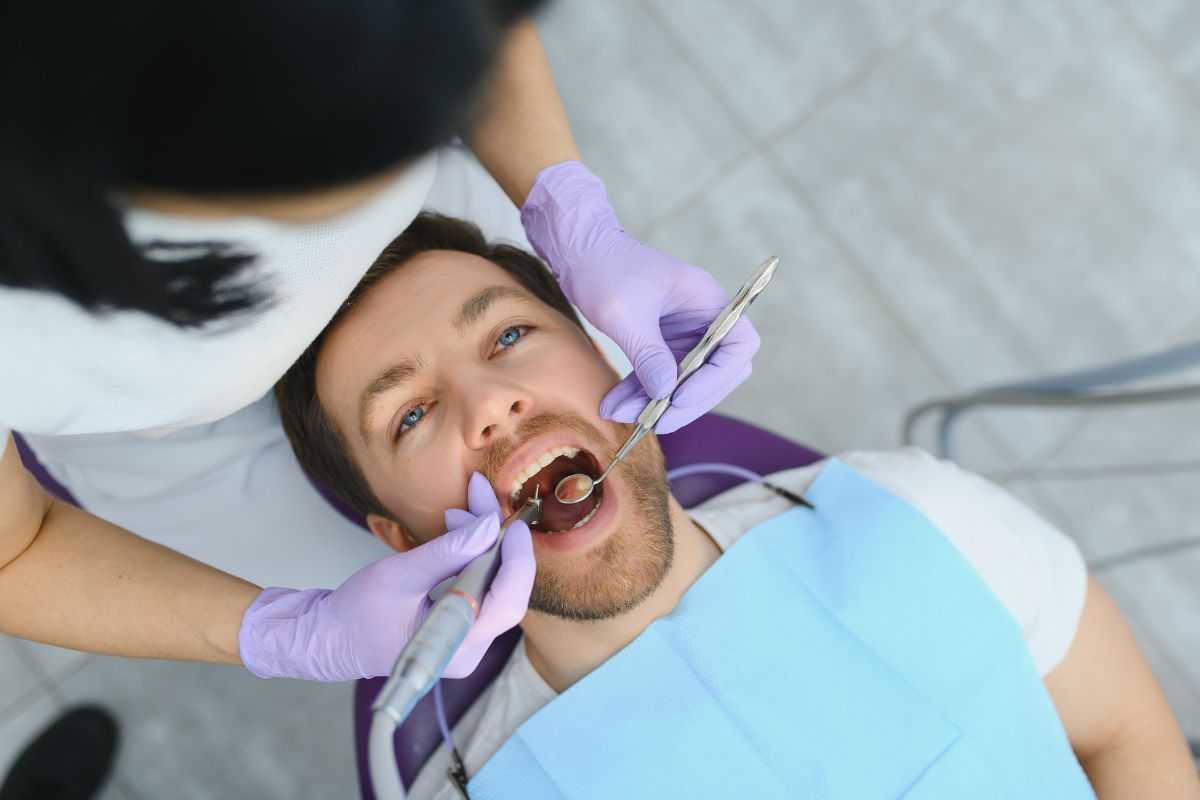
Composite vs. Amalgam Fillings: Which Is Better for Your Smile?
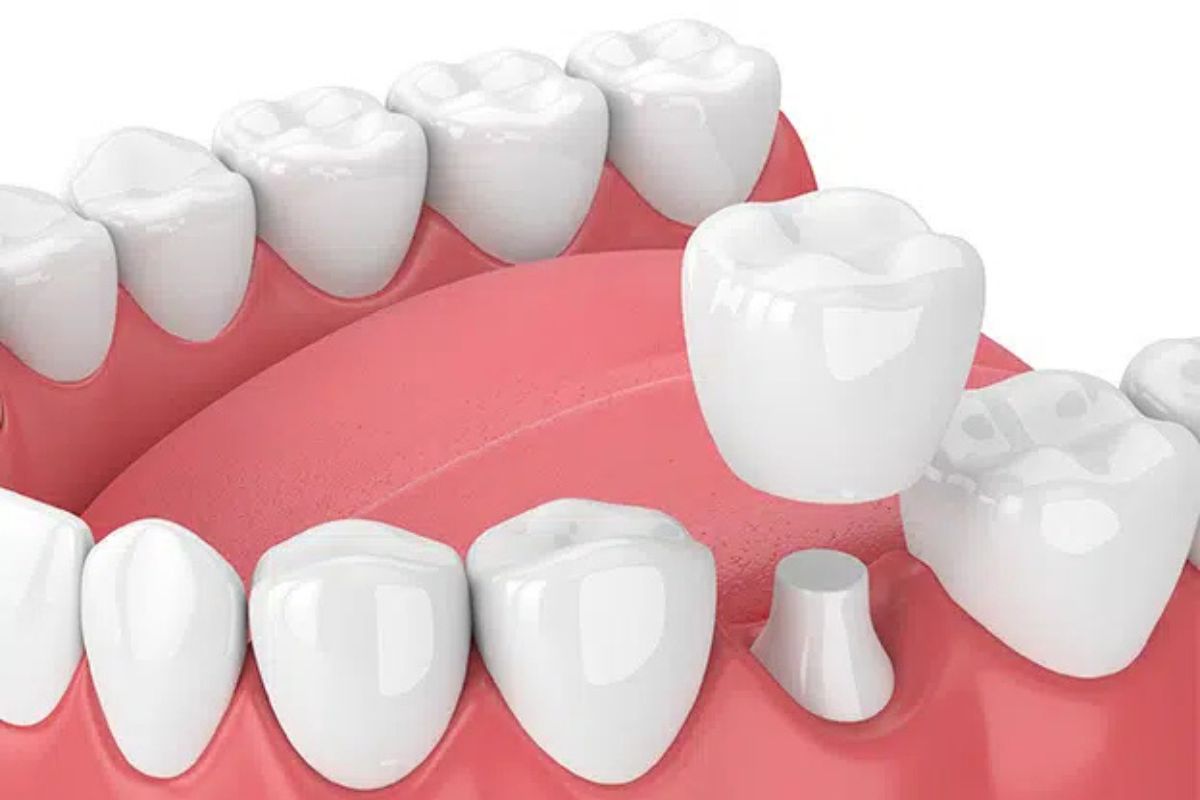
How to Know When Your Dental Crown Needs Replacement
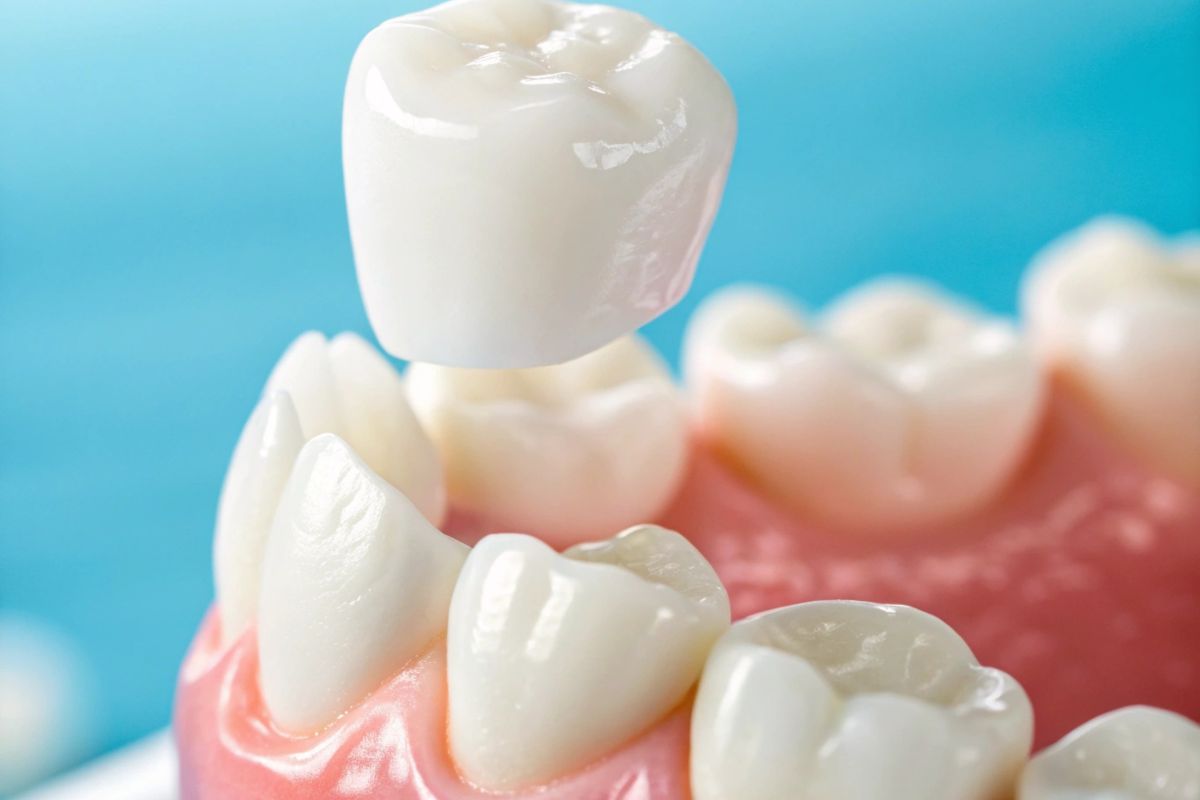
Dental Crown Problems & How to Fix Them
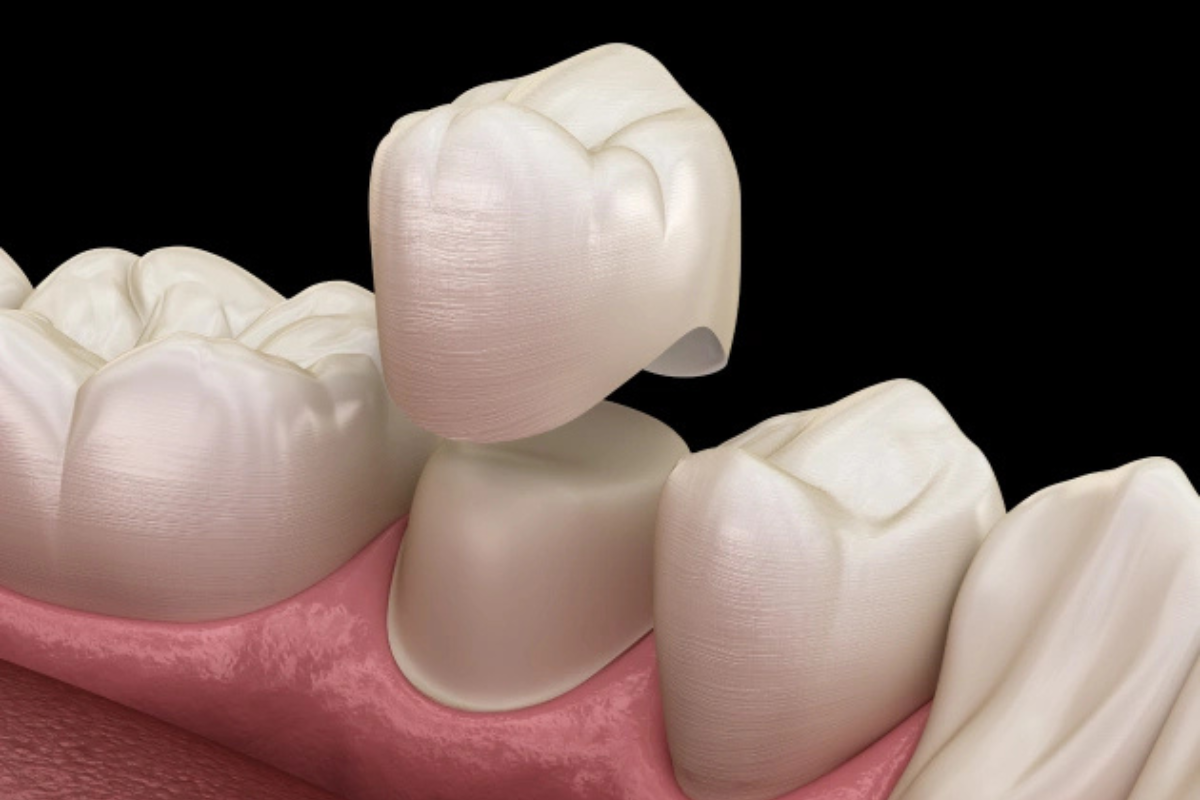
Caring for Your Dental Crowns: Do’s and Don’ts
